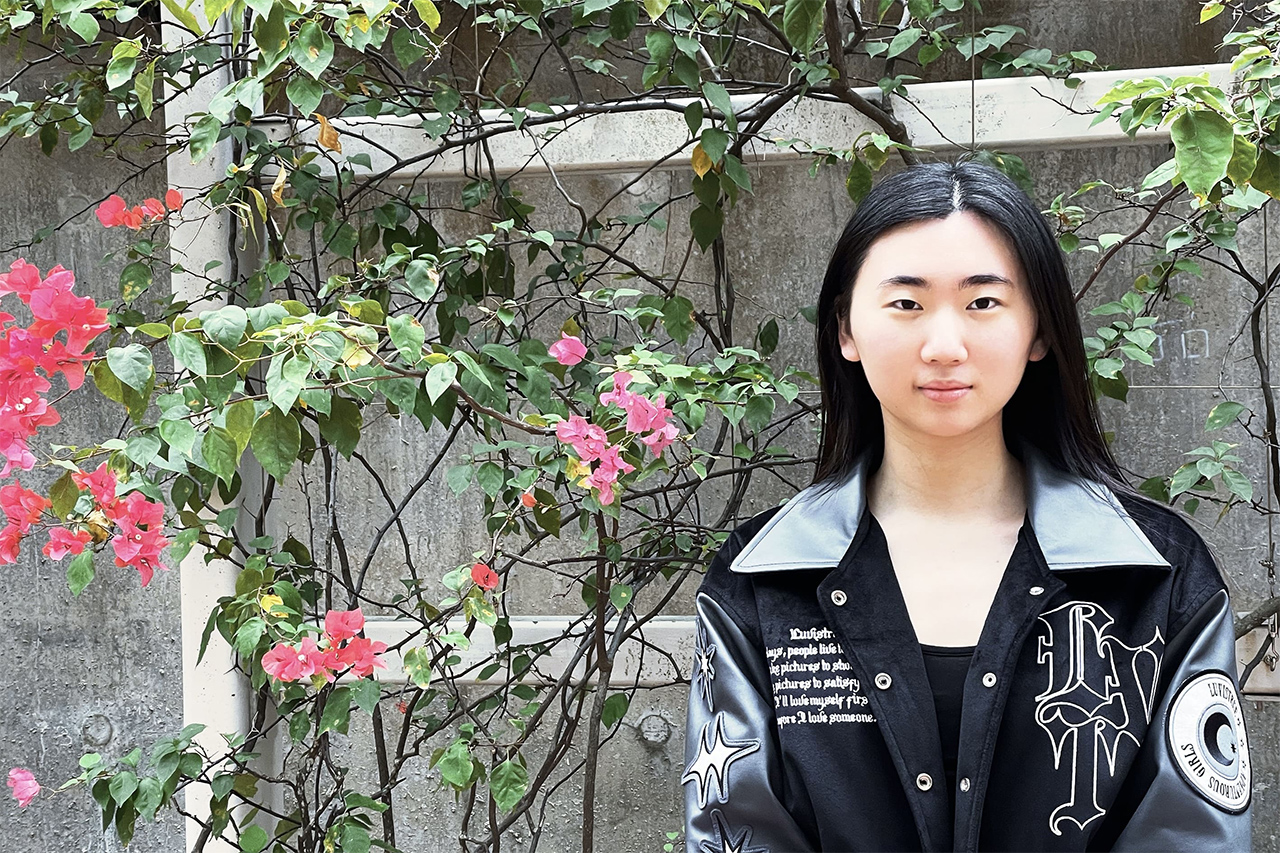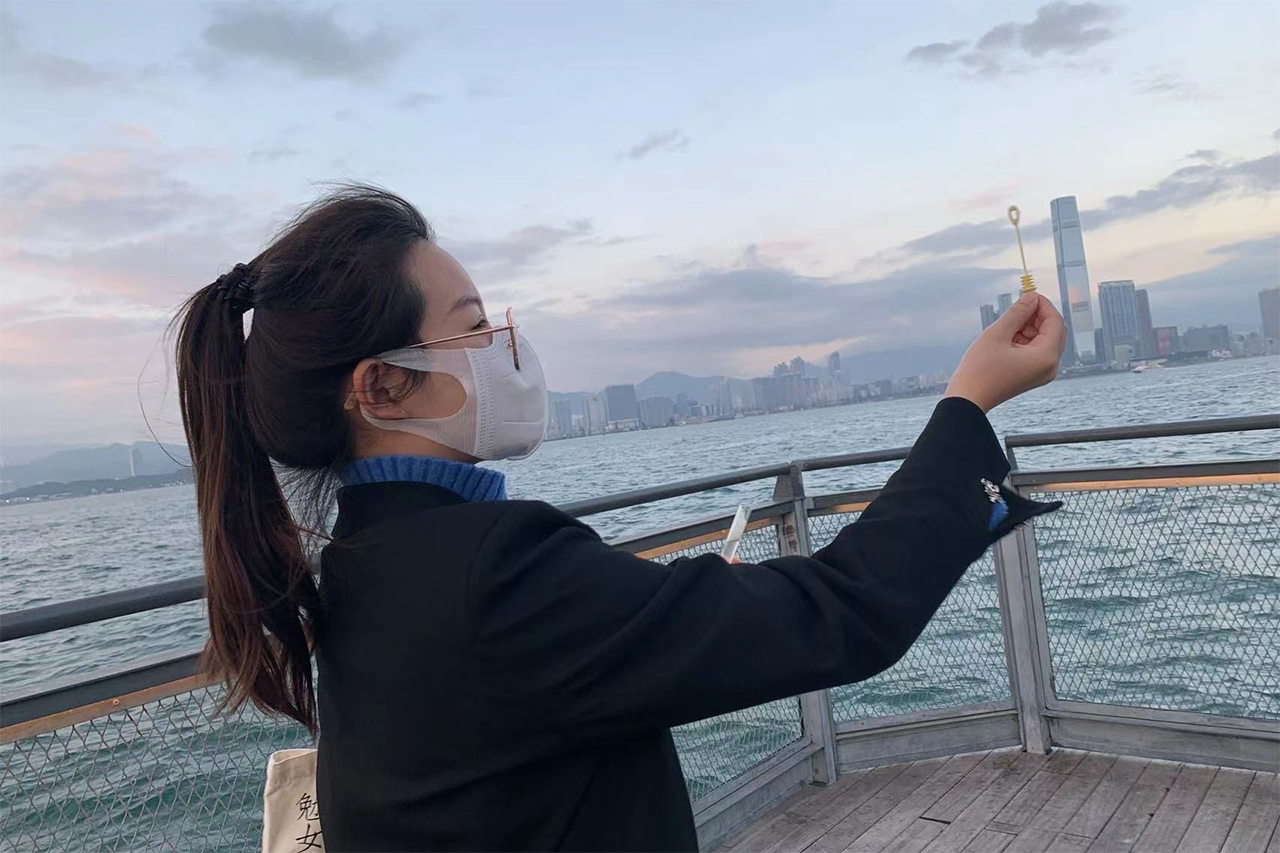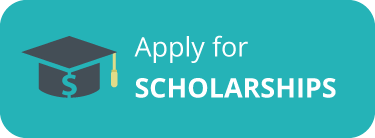- Are you considering further changes to your study plan? Have you considered the relevant factors?
- Are you making use of your learning activities to develop skills for your future?
- You are half-way through your U studies. What else you need to work on to realize your goals?
1. Continue to use “Degree Audit” to monitor your progress
Are you on track to completing your programme / major / minor requirements? If you are not sure, run the Degree Audit in SIS now. The Degree Audit is a tool to track your progress. It will match your enrolment records against your degree and declared major(s) / minor(s) requirements — showing what have been fulfilled, what are in progress and what are still outstanding. Note that the Degree Audit is for your reference only. Seek clarification early with the Faculty and / or Department if you are in doubt. You can still make changes to your course enrolment during the Add / Drop period in Semester 2.
In case you are considering further changes your major / minor, run a “What-if” analysis in SIS to see how the switch may impact on your course selection and study progress. For further enquiries, please contact ITS Service Desk: 3917 0123 / ithelp@hku.hk
2. Spend more time on challenging courses
Advanced courses are more challenging. Make sure that you do pre-lecture preparation, clear your questions before the next lecture, discuss your assignment ideas with your professor and tutor, and refine your study skills. Revisit the study skills resources of AASO, where you may find useful reminders of how to improve your study strategies and skills. Remember, manage your time carefully and avoid overcommitting.
3. Go on exchange
If you are going on exchange this year, here is some advice for you! First, know your objectives and plan them into your exchange. Second, apply for leave of absence and submit credit approval application to your Faculty by the deadline. Third, pay extra attention when selecting your courses. To bring back the credits for your programme / major / minor, you will need courses that match with your HKU courses from host institution. Fourth, immerse yourself in the local culture and learning environment as much as possible. Network with your classmates and teachers in case you will go back for your postgraduate studies! Visit the Academic Advising Forum @ Moodle to find exchange buddies and share your study abroad experiences to your peers!
If you are considering exchange in your final year, note that exchange in the final semester is usually not advised. Due to the difference in semester dates between HKU and the host institution, there may not be sufficient time to process the credit transfer for your timely graduation.
4. Prepare for graduation: postgraduate studies or work
With one more year to graduate, it is time to start planning for your future. Would you pursue postgraduate studies or work? Study first and work later? Work first and study later? What to study? What field to work in? Discuss your ideas with teachers, academic / careers consultant, fellow PG students or alumni – they are your “resource persons”!
- Postgraduate studies – PG studies are a huge investment. Review AASO’s “How to Plan for Your Postgraduate Studies?” to get an idea about the different PG programmes, what are involved, and how to get started. Make good use of your penultimate year to research thoroughly, practice graduate admission tests, check test dates, and plan ahead. AASO also organises an annual PG planning workshop. Stay tuned for the upcoming edition!
- Work – Choosing a career means more than finding a means of making a living. It is an important decision that shapes your future. Don’t wait until the final year! Attend career fairs and recruitment talks organised by your Faculty / Department / CEDARS to gather information and assess your suitability for different careers. Spare time to practice different aptitude tests. Moreover, you can find out where your seniors are employed after graduation from CEDARS’ graduate employment survey reports
 .
.
5. Strengthen out-of-classroom experiences
This is the LAST summer for those of you who study in a 4-year degree programme. Use it to gain worthwhile experiences and develop useful skill set through different activities (e.g. internships, summer study abroad activities ![]() , and service learning projects). If you are not sure whether a research postgraduate programme is right for you, you may assist in a research lab to test it out. Have a chat with your professors, as they may offer you some interesting opportunities!
, and service learning projects). If you are not sure whether a research postgraduate programme is right for you, you may assist in a research lab to test it out. Have a chat with your professors, as they may offer you some interesting opportunities!
Tips
- Check the combination of introductory and advanced courses – For some degree programmes, there are strict requirements regarding the number of introductory and advanced courses. Check carefully to spot any potential issues before your final year.
- Get academic references – One standard admission document for postgraduate studies is reference letters written by your professors. It is time to let your professors get to know you better if you have not been proactive in interacting with them.
- Use the GPA calculator – Do you know how grades, GPA and class of honours are calculated? See the AASO’s GPA Calculator for answers to your questions. The target GPA calculator there can help you determine the grades needed to reach your target class of honours.
Stories
Li Jiawei (BSocSc, Year 3)

Looking back at my three years of study, I have joyfully overcame challenges and indeed, it was interesting. The most valuable takeaway from my past study journey, or in other words, the advice I would like to give to Year 1 and Year 2 students, is that “don’t push yourself so hard at the beginning.” Since I was afraid of being lagged and underestimated the workload, I chose many advanced courses in Year 1 and Year 2. Most of the time, I found myself taking six courses per semester with four or five major courses and one or two common courses. This made me struggle with balancing each course and challenged my multi-tasking abilities. Therefore, it is advisable not to be so rushed at the beginning. Slowly you would get to know what you want to learn, manage to evaluate the course workload in view of your academic ability, get prior knowledge for advanced courses and schedule courses evenly throughout each academic year.
In addition, I have planned to study abroad since Year 1, as being involved in a diverse learning environment is one of my major goals in university life. I regularly checked emails regarding study abroad plans and made sure not to miss any deadlines. Keeping GPA above a certain level is also essential. As a Year 3 student standing in the second half of my academic journey, I am grateful for everything I have learned in my earlier years at HKU and looking forward to fulfilling my academic goals during the rest of the journey.
Long Feifei (BSc, Year 3)

I am experiencing the most significant change of all during my third year of university study.
I was taking two core courses of my major, which included lots of theoretical knowledge and practical skills in the laboratory; meanwhile, I was preparing for exchange in the second semester: applying for a visa, preparing to move, learning a new language… When I was trying my best to get everything on track, I received a call from my family that a loved one was critically ill – at that time, I had not been home for almost two years because of the long-time quarantine policy under the pandemic.
It was hard for me to decide suspending or continue studying in this semester. On the night of making the decision, I bought the air ticket to go back home, listed different options for my academic road (what if I try to get back to attend final exams? what if I defer graduation and take a gap semester for professional improvement? or what if I give up the exchange program?) I booked a consultation with AASO Adviser to check on the university regulation and whether I could get any support for my different assumptions/ options.
That night, I realized that being a Year 3 student also means that after a two-year “internship” of being an adult, what we should face and take responsibility is not only the academic tasks and career exploration but also the life circumstances and the responsibility of taking care of your family. You will always learn and try to balance all aspects. And the most important quality in effective problem solving is to be emotionally stable and always have a plan B.




